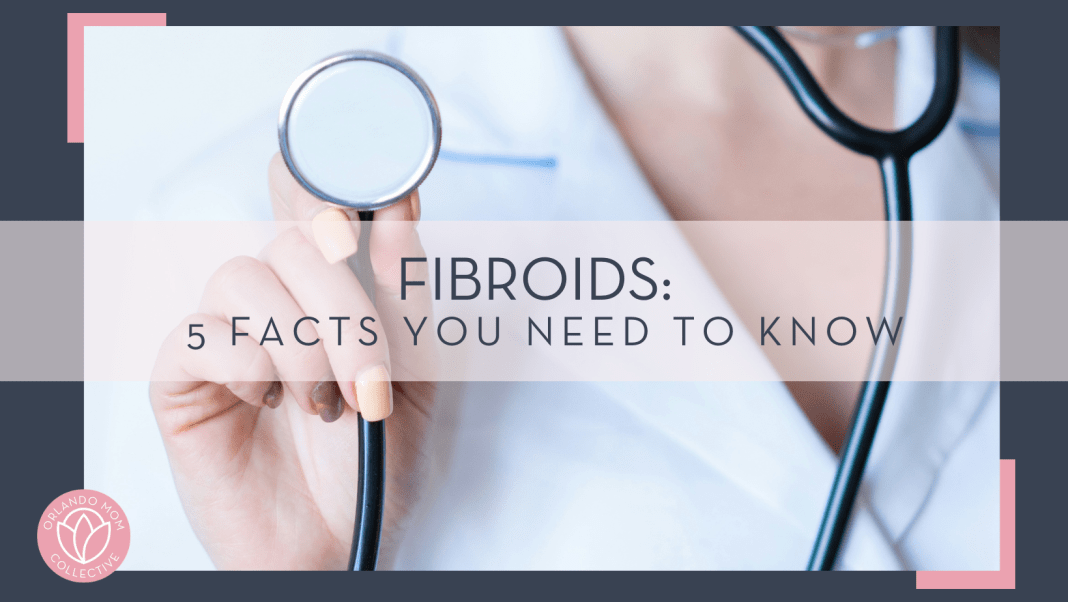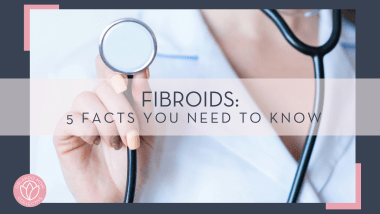The word tumor is not something any woman wants to hear when discussing her health. But in some circumstances, it’s not all bad. This is the case with most fibroids. According to AdventHealth for Women’s gynecologic surgeon Dr. Steven McCarus, “Uterine fibroids are benign tumors of the uterus. They are growths driven by ovarian production of estrogen and progesterone.” Benign, or noncancerous, fibroids aren’t generally associated with uterine cancer.
If uterine fibroids appear in your future or if you have recently been diagnosed, rest assured knowing these five lesser-known facts about fibroids:
1. Uterine fibroids are common
In reproductive-aged women, which Dr. McCarus considers ages 20 to 50, fibroids are common. One-third of all women in this group will have these benign growths
2. They’re not preventable, but there are risk factors
If your doctor diagnosed you with uterine fibroids, it’s important to know there was nothing you could do to prevent them.
Risk factors, however, include obesity, hypertension, and diabetes. Women who have not been pregnant and women who begin menstruating early on in their life are also at a higher risk for developing fibroids.
According to Dr. McCarus, African American women are also at greater risk for development.
3. There is no genetic predisposition
“There’s no way to determine if you’re a candidate for these common uterine fibroids,” says Dr. McCarus. “So, if your mother or grandmother had them, that doesn’t necessarily mean you will too.”
4. Anemia is related to uterine fibroids
Often, patients with uterine fibroids experience extreme fatigue caused by anemia. Because these growths are commonly linked to heavy bleeding, anemia can develop and tire you. “Patients usually seek help when they start to feel the effects of the anemia, to the point where they can’t continue normal activities,” says Dr. McCarus.
Other symptoms like abnormal bleeding, weight gain, discomfort, and abdominal pressure generally accompany the fatigue.
5. Not all cases require treatment
If 30% of women develop uterine fibroids, Dr. McCarus tells us, “Only 80 percent of that group will experience symptoms. That means 20 percent may not even know they have them.” While learning you may have developed these tumors can be overwhelming, they may never require treatment.
More information
It can be difficult for a woman to know when she is experiencing pain or discomfort related to menstruation versus when it could be another health-related issue, like fibroids. Always talk to your gynecologist about any abnormalities in your health, get your regular screenings, and if you find yourself reaching for coffee even more often than usual — be sure to check in with your doctor.
AdventHealth for Women has a comprehensive program providing information for recently diagnosed women. Learn more about AdventHealth for Women’s Comprehensive Fibroid Program.
You can also see one woman’s journey to relief in the Uterine Fibroids Patient Testimonial Video — Johanna’s Story.



















